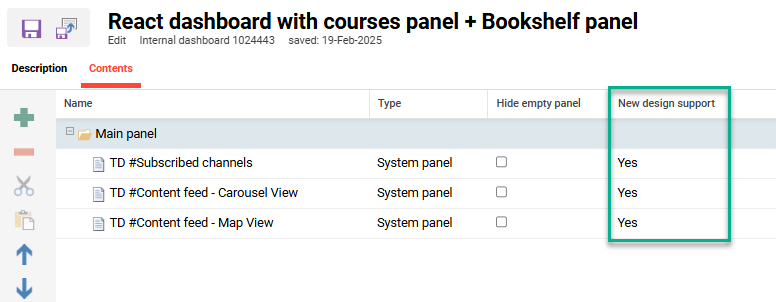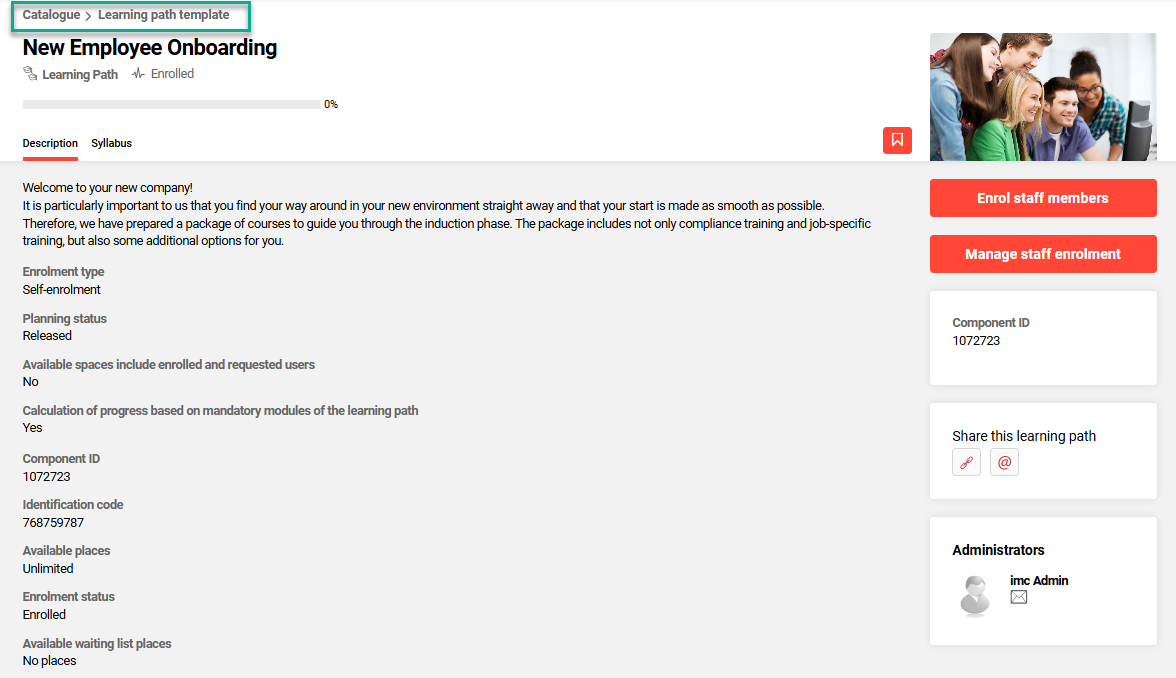Technical updates to underlying architecture and security features are listed below:
Technical Updates
Adaptation of Channels API to Support Search Service
Overview: The Channel Service API now supports retrieving Access Control Lists (ACLs) for channels, enabling service-clients (not users) to fetch assigned access rights for users, groups, or clients. The endpoints ensure that access permissions (VIEW, EDIT, EXECUTE) on a channel also apply to its content. The API provides the following:
-
Retrieve all ACLs (paginated)
-
Retrieve ACLs for a single channel
-
Retrieve all channels with ACLs
-
Retrieve a specific channel with ACLs
Benefits and Use Cases: The update has many benefits including:
-
Enhanced Access Control Management: Enables efficient access rights retrieval for service-clients
-
Optimised Performance: Implements in-memory caching and Hazelcast support to reduce database queries
-
Secure API Access: Restricts ACL-related endpoints to service principal tokens only, preventing unauthorized access
-
Improved Scalability: Preloads ACL data at service startup and updates cache dynamically via Spring application events
-
Future-Proof Design: API structure allows for future extensions, including content-specific ACL handling
Audience: Service clients (not users)
Setup & Access: Update is mainly for Learning Suite future update, but the new GET API is available for external use. If requiring the API details please raise a ticket with the imc Support desk.
Considerations & Limitations: No limitations. API designed for use with bearer token authorisation.
Testing: Not required
Risk rating: Low
Refactoring Task List Management Service
Overview: The Task Management add-on module uses an underlying micro-service. With an update to enable selecting Deputies for tasks, there has needed to be updates to the micro-service.
Benefits and Use Cases: Performance improvements and introduction of new possibilities
Audience: Not applicable
Setup & Access: Not required
Considerations & Limitations: Relates to Task Management add-on licence and TLM architecture
Testing: Not required
Risk rating: Low
System-wide Updates
REACT Reimplementation III
Overview: Administrators can utilise the updated internal dashboard and add panels with updated REACT designs. Additionally, a New design support column in the Dashboard pages function Content tab when creating or editing a dashboard indicates which panels are supported for REACT.

The following learner panels are supported:
-
Entry into the catalogue panel
-
News (internal) panel (ID: 103)
-
includes dedicated single news pages (new) - displays the selected news
-
includes dedicated all news overview page - displays all assigned news
-
-
Channel panel (ID: 185)
-
Experience tracks panel (ID: 186)
-
Header panel (ID: 167)
Benefits and Use Cases: Improved user experience through updated panel designs for internal dashboards. Administrators can also be sure that all panels added to dashboard desiring the updated designs are supported.
Audience: Learners
Setup & Access: Configuration is required to enable opt-in for the new dashboard and panel design by creating or editing an internal dashboard page.
-
Go to Dashboard pages function, create or edit an internal dashboard, and in dashboard Description tab tick the Opt-in for the new dashboard & panel design checkbox.
-
In the Contents tab add only panels with New design support is Yes.
Information is visible in the New design support column.
Considerations & Limitations: New and old panel designs can not be used in the same dashboard; if this occurs the traditional designs are used. Welcome Messages are not supported.
Testing: Requires an internal dashboard page with Opt-in for the new dashboard & panel design checkbox ticked and only supported panels added. The dashboard can be linked to a dashboard navigation point or directly called by changing the dashboard ID in the browser URL.
Risk rating: Low
Search: Return to parent using bread-crumb on search item
Overview: Users are now better enabled to return to the parent location on particular search or training detail pages. This is now possible for the following list of object types which are considered as a search item:
-
Media: Parent can be a Catalogue, Course, Sub-course, Channel, or Sub-channel
-
Course template: Parent Can be Catalogue or Learning Path
-
Learning path: Parent can be Catalogue or Learning path template
-
Learning path template: Parent can be Catalogue
-
Sub-channel: Parent is Channel.

Benefits and Use Cases: By using bread-crumb navigation users can easily navigate back to the search parent. This update delivers consistency to match previously existing breadcrumb logic in some functions such as accessing media from a course and a course from a learning path.
Audience: Learners
Setup & Access: Automatically enabled
Considerations & Limitations: Kubernetes architecture only
Testing: Access any object listed above from the corresponding parent, then check that the return breadcrumb navigation is available.
Risk rating: Low
Security findings (Other)
Overview: There have been no security fixes in Innovation Pack 24 that created an impact to existing functionality.
